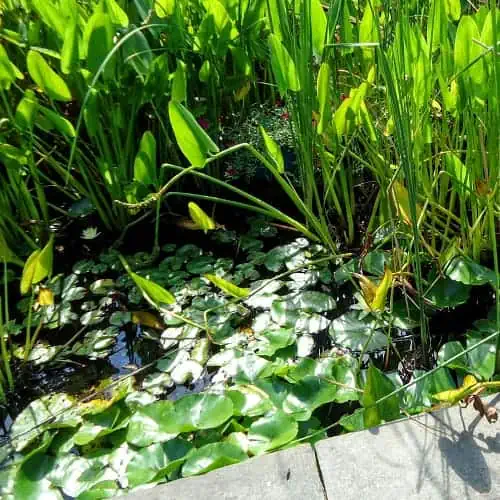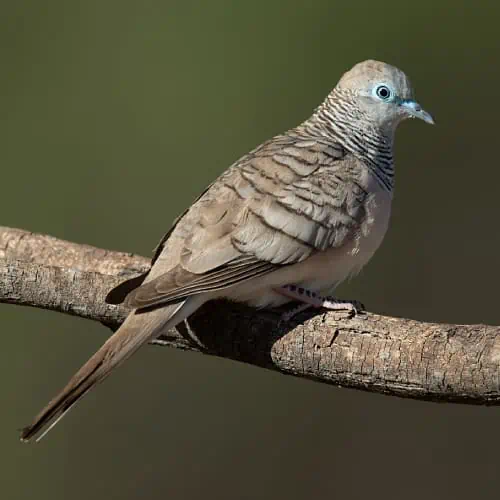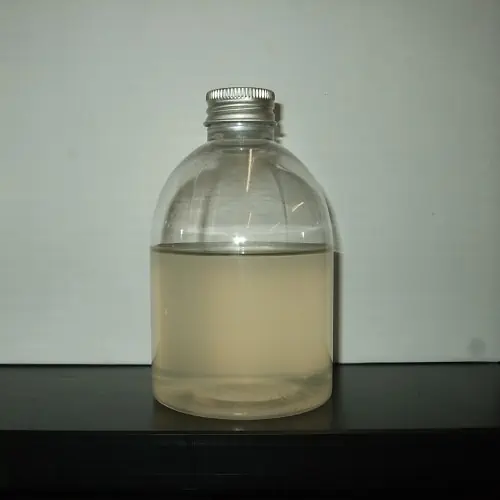- Joined
- Jul 20, 2020
- Messages
- 17,826
- Reaction score
- 71,647
Unca just smashed the spider and then ate it!
Then regurgitated it and ate it again for more spider power. Then he did a rebreathing of smoke to finish the job in only 67 exhales.Unca just smashed the spider and then ate it!
He needed stingLater this year, Crash rethinks his spider strategy…View attachment 318663
Thats a good point .Never tried it. I would be concerned about what all runs off into the lake.
I tried my Koi pond onceI have a question to my fine distinguished friends.
Into organics and am aware of microbes ,fungi and innoculants .
I am now using EM1.
All I read about is diversity in microbes and wondered has anyone ever used lake water?
I would assume it may be a fishpoop fert not as strong as fishpoop but enough to get you sick with 300 geese ducks fish turtles crappin in it.
Your instance would be the best because of no run off issues or ferts or making no difference being to close to your septicI tried my Koi pond once
The water was full of nitrates from their seht , plants were very Green but would not bud well I went back to tap water that had been bubbled 24hrs
I have a question to my fine distinguished friends.
Into organics and am aware of microbes ,fungi and innoculants .
I am now using EM1.
All I read about is diversity in microbes and wondered has anyone ever used lake water?
I would assume it may be a fishpoop fert not as strong as fishpoop but enough to get you sick with 300 geese ducks fish turtles crappin in it.



But I had 30 Koi in a 1200gal pond so the water got dirty fastYour instance would be the best because of no run off issues or ferts or making no difference being to close to your septic
You could get the water tested. I think a local cooperative extension or the DEP may be a good place to contact with questions. The test would only be a ‘snapshot’ though and the water quality could vary by time of year, precipitation or many other factors. Personally, I would use it to water my lawn or ornamental plantings and stick to tap water or RO if you have it.I have a question to my fine distinguished friends.
Into organics and am aware of microbes ,fungi and innoculants .
I am now using EM1.
All I read about is diversity in microbes and wondered has anyone ever used lake water?
I would assume it may be a fishpoop fert not as strong as fishpoop but enough to get you sick with 300 geese ducks fish turtles crappin in it.


I love O.F. and have used it raw for many grows but it's expensive and if your growing a field of vegges and cana you need to make your own soil. I am using 2 bags O.F. with compost and perlite. The compost is free and I can get as much a s needed. Just test the compost p.h. level and add grounded dolomite lime if needed. You can add normal soil to the mix too. Making your own super soil I think is best for soil mediums.I’ve used the ocean before with great results. I tried the strawberry soil on my first auto grow as a suggestion from Cartys auto grow page. I really liked the soil mainly because it carried my grow with no nutes for a while and the fact I had no soil gnats during the grow which was a first for me. I’ve used it twice since with my recent photo tents and have had no gnats. i hate those bastards

Enter your email address to join:
